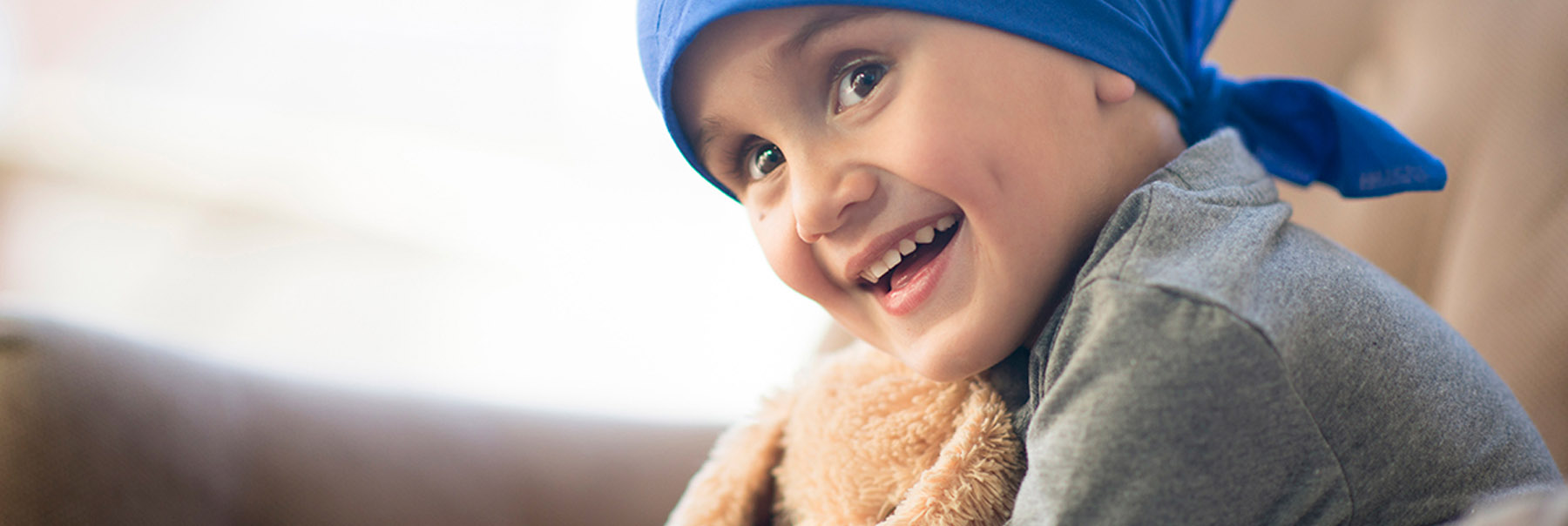First Gene Therapy in the U.S. May Be Approved for Childhood Leukemia

For decades, medical researchers have made small, mostly unsuccessful steps toward making gene therapies a reality for patients. But a potentially giant leap was made Wednesday when a Food and Drug Administration advisory panel unanimously recommended approval for an immunotherapy approach to help children and young adults hardest hit by B-cell acute lymphoblastic leukemia (ALL).
If approved by the FDA, tisagenlecleucel will become the first gene therapy offered in the United States. Europe’s first gene therapy, Glybera, was approved in 2012 for treating an extremely rare blood disorder. But its maker, UniQure, removed it from the European market this April, citing high costs and low demand.
Tisagenlecleucel is called a CAR-T cell immunotherapy. Immune cells known as T-cells are removed from a patient’s blood, the cells’ genes are altered in a laboratory, and the new super cells are placed back inside the patient’s blood to begin killing off leukemia cells. Research for the therapy was led by the University of Pennsylvania and the drug will be produced and marketed by Novartis, pending a formal FDA go-ahead.
“If this is approved, it will be a true breakthrough in cancer therapy,” said Dr. Stephen D. Nimer, director of Sylvester Comprehensive Cancer Center, part of the University of Miami Health System.
Nimer’s own Sylvester lab is currently working on related studies of novel immunotherapy agents for leukemia and lymphoma patients. He says that the new approach being reviewed by the FDA takes advantage of the body’s natural disease-fighting ability.
“This therapy harnesses a patient’s own immune cells and redirects them to kill relapsed leukemia cells,” explained Nimer. If the drug gets the green light, durable survival results could pave the way for additional gene therapies for related cancers.
B-cell ALL is a fast-growing blood cancer. Too many lymphoblasts (immature white blood cells) form in the bone marrow and blood, and then crowd out the healthy cells. The result is that a patient’s ability to fight infection and disease is compromised. While ALL can be highly curable, some patients’ cancers fail to respond to standard treatments such as chemotherapy, radiation therapy and stem cell/blood and marrow transplants. Other patients relapse after initial treatment success, and then don’t respond to additional treatments.
The median duration of cancer remission provided by tisagenlecleucel is not yet known. The new gene therapy also will require close monitoring of patients to manage side effects. According to Novartis, only 30 or 35 medical centers will be able to use the therapy initially, and the company will be working closely with those centers.
For additional information about leukemia, lymphoma and other cancers, or to schedule a consultation, visit Sylvester Comprehensive Cancer Center online, or call 877-243-1056.
Tags: acute lymphoblastic, blood cancer, immunotherapy immunotherapy, Krishna Komanduri, leukemia, Stephen Nimer, Sylvester Comprehensive Cancer Center
